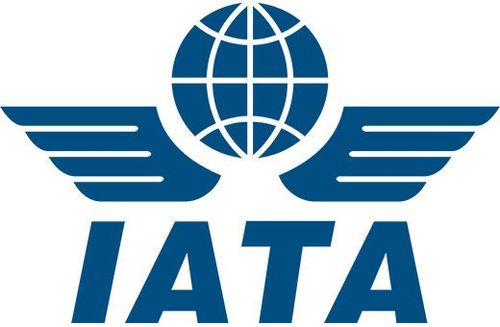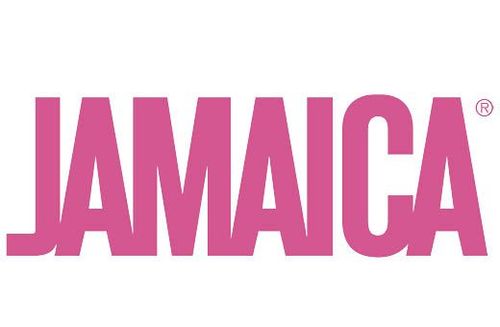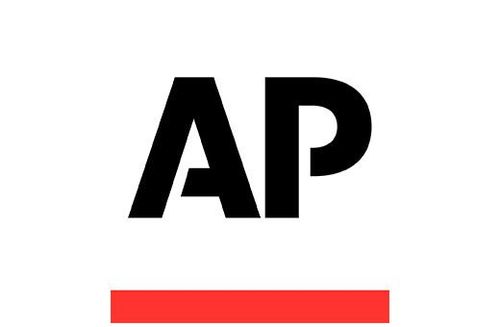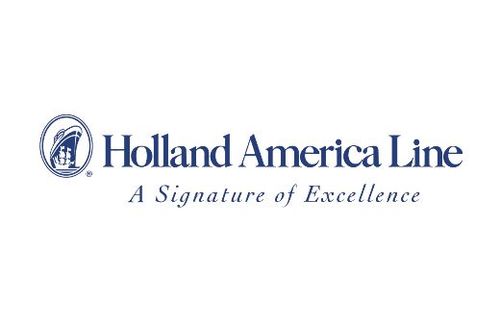Where travel agents earn, learn and save!
News / Dramatic increase in airport charges "damages recovery of air connectivity in the Netherlands"
IATA warned that a proposed 37% increase in airport charges in the Netherlands risks significant damage to the recovery of air connectivity in the country
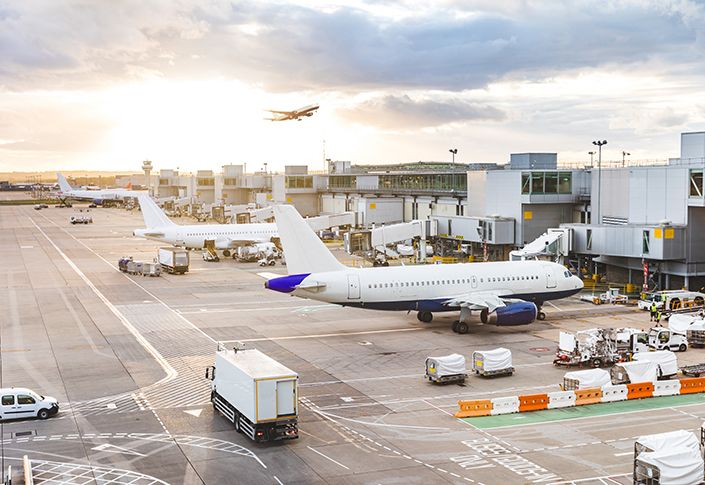
The International Air Transport Association (IATA) warned that a proposed 37% increase in airport charges in the Netherlands risks significant damage to the recovery of air connectivity in the country.
Following a formal review in which IATA and several airlines participated, the regulator for airport charges at Schiphol, ACM, released a decision on 21 April which accepted the airport’s position that due to losses incurred during the COVID-19 shutdown, it must raise airport charges by a cumulative 37% over the next three years.
Air travel has still not recovered from COVID-19, the greatest shock in aviation history. The impacts in the Netherlands were acute: at its height, COVID-19 caused passenger numbers to fall by more than 70%, at a cost of around 200,000 aviation-supported jobs. A gradual recovery is underway, but the foundations are weak.
IATA’s Connectivity Index shows the Netherlands is still 35% below its 2019 peak. At this crucial time, for the benefit of the Netherlands as a whole, air connectivity should be supported. Unfortunately, ACM’s decision puts the country’s position as one of the most competitive European air transport hubs at risk.
The Dutch regulator’s stance is in sharp contrast with the position taken by other independent regulators in the region, which are trying to fulfil their duties to protect the consumer.
In Spain, the regulator rejected the claims from the airport operator that it needed to recover its pandemic losses. The Spanish regulator calculated that the airport operator had sufficient cash reserves to cover the shortfall and that it would benefit from growing traffic in coming years – and it has frozen charges for the next three years.
Schiphol is in a similar situation, and the regulator should be similarly robust. Pre-pandemic, Schiphol declared EUR 742 million of dividends over the 2015-19 period, and it has several options to cover its losses. Schiphol can easily finance short-term losses without increasing costs to its customers.
“Schiphol airport and its regulator have completely failed to consider the exceptional circumstances that were created by COVID-19. The cost recovery system was never expected to operate in circumstances where demand would totally collapse for an extended period due to government- imposed travel restrictions. It cannot be reasonable to dump a 37% increase on airlines and their passengers. Nor is it sensible to put such costs onto air transport in the Netherlands at a time when other cost pressures, including rising environmental taxes, are already damaging the competitive position of Dutch aviation,” said Rafael Schvartzman, IATA’s Regional Vice President for Europe.
IATA is considering an appeal of the decision.



